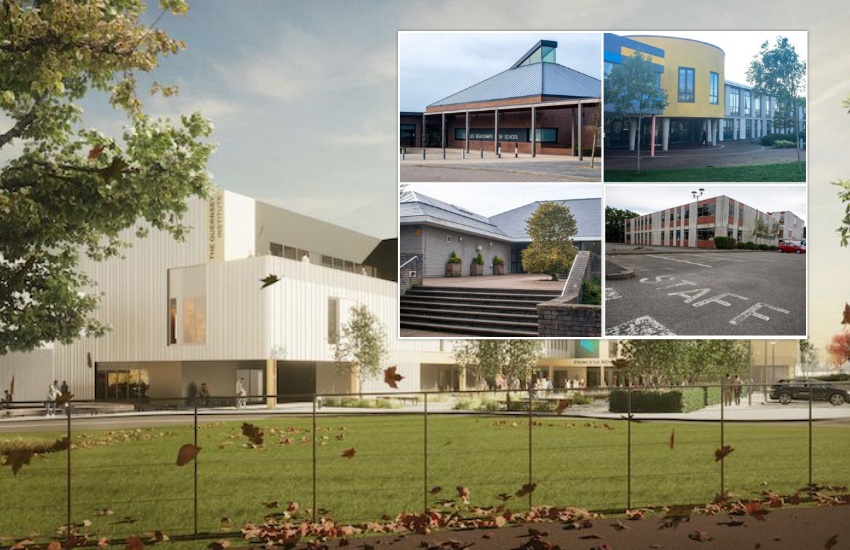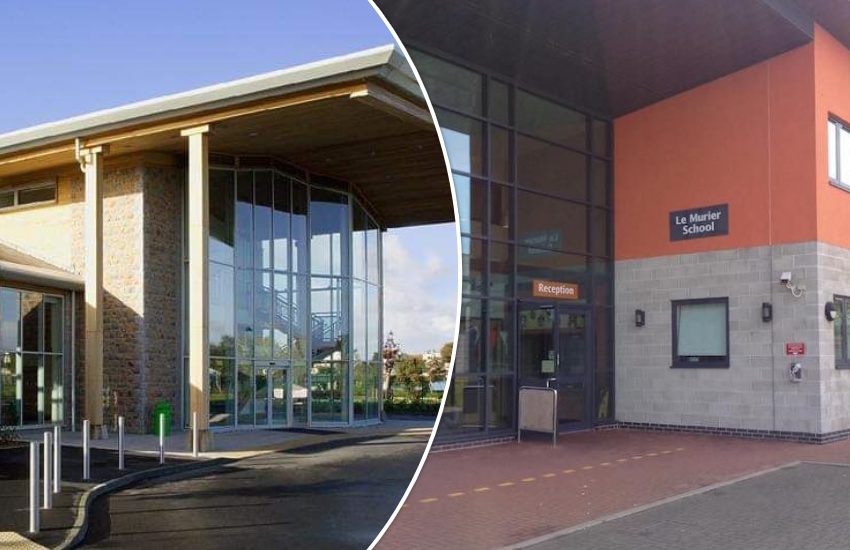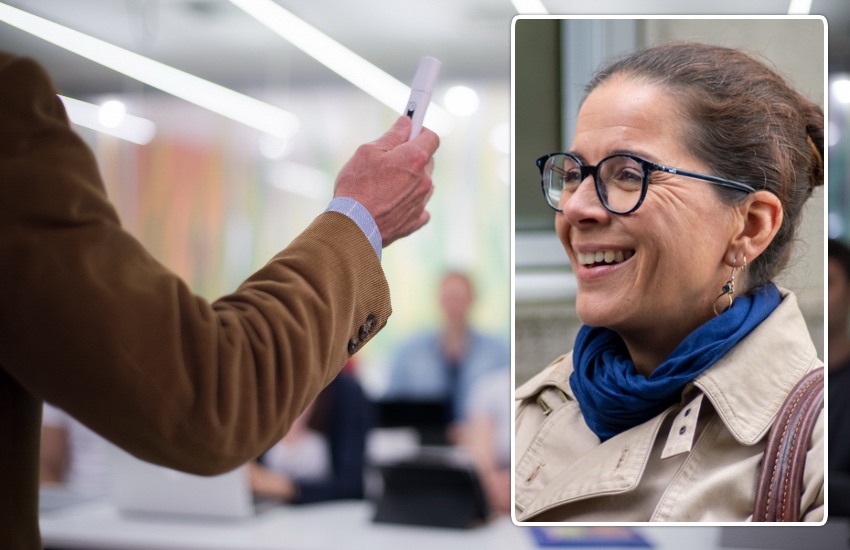


Plans to introduce the Bailiwick's new Education Law are progressing with new details released about how Governance Boards will work.
Boards are being set up to oversee all States-maintained schools and The Guernsey Institute.
With 20 education settings across Guernsey and Alderney - with around 7,000 students in total - each of the Governance Boards will be grouped into one of seven 'clusters' which are intended to provide further collaboration between each of the facilities.

Pictured: The Guernsey Institute will have its own Governance Board while other education settings will be 'clustered' together.
Each cluster will have a Chairperson to 'provide oversight and leadership for each Governance Board within that cluster'. Some of the Governors will work across multiple schools within a cluster deepening the collaboration between each site. Others will only serve on one Governance Board and not the wider cluster.
For example, each Governance Board will have a parent or carer who will act as a representative voice for the parent community for that individual school.
Each of the primary schools will be grouped together according to the secondary school that they feed into. That means Hautes Capelles, Vale and La Mare De Carteret Primary Schools will be in the same cluster with the same Chairperson.
Les Varendes, St Sampson's and Les Beaucamps will be in one cluster together, while St Anne's in Alderney will have its own Governance Board outside of The Secondary School Partnership.
Guernsey's schools for students with additional learning needs - Les Rondin, Le Murier, and Les Voies - will be clustered together.
The Guernsey Institute will have its own Governance Board.

Pictured: Les Voies, Le Murier and Le Rondin schools will be clustered together.
Deputy Andrea Dudley-Owen, President of the Committee for Education, Sport & Culture, said the Governance Boards are intended to work with Headteachers and Principals on the vision and ethos of the school, to hold them to account for student outcomes, and to ensure that the community is aware of the good things happening in that setting.
"As part of its proposals for the new Education Law, our Committee is proposing that Governance Boards are established locally. Education governors are responsible for supporting and challenging school and college leaders on behalf of their local communities, and crucially for the benefit of the learners who attend," she explained.
"If the States agrees our proposals, we will need members of the community who are passionate about making a difference, who are curious and who want to play a part in making education the very best that it can be to represent their community on these boards, and to act as critical partners for education leaders. It’s really encouraging that we have already had interest from across the community, including existing School Committee members and parents about the opportunity to be a member of a Governance Board and following the States meeting we will start our recruitment activity in earnest."

Pictured: ESC President, Deputy Andrea Dudley-Owen.
"Once the proposals have been debated and agreed by the States, we will develop a Governor Handbook that will set out all the detail potential Governors will need and importantly, comprehensive training will also be available. We will provide any relevant training for the role but you don’t need any special qualifications to be a Governor, we’re looking for people who are passionate about education, and who want to make a difference in their local community," continued Deputy Dudley-Owen.
"Great governance leads to great leadership and great learning environments for our students. Our proposals will enable people’s voice to be heard in their school or TGI community and ensure that the interests of our children and young people are at the heart of everything we do."
Comments
Comments on this story express the views of the commentator only, not Bailiwick Publishing. We are unable to guarantee the accuracy of any of those comments.